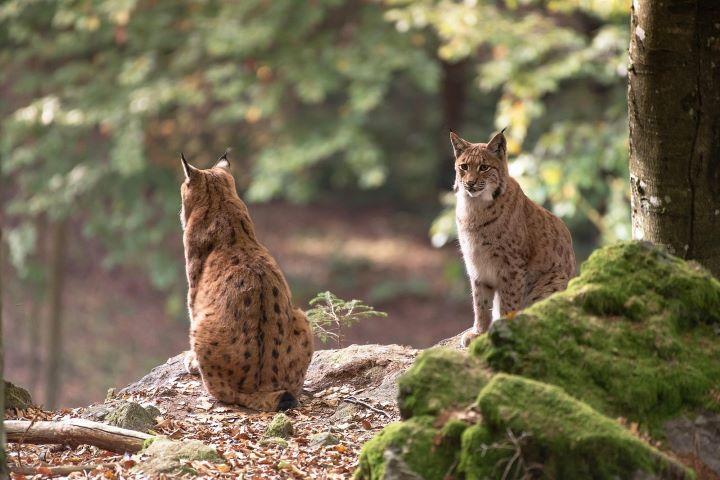March 2025

For Your Information
March 26, 2025
A recent study by Cornell researchers assessed the presence of antibodies for highly pathogenic H5N1 influenza A in live-captured bobcats in New York.

For Your Information
March 25, 2025
Cornell researchers recently published a study providing the first genetic evidence of canine coronavirus infection in a felid. These findings suggest that felids may play a central role in the emergence of recombinant alphacoronavirus.

March 24, 2025
Drs. Craig Stephen and Marcela Uhart will headline the inaugural Cornell K. Lisa Yang Center for Wildlife Health Distinguished Speaker event on March 28 at Cornell’s College of Veterinary Medicine. They will discuss critical One Health and conservation challenges, highlighting the connections between human, animal, and ecosystem health.

Blog
March 19, 2025
The work of Cornell Public Health’s Dr. Ana Bento bridges ecology, climate, and public health, using mathematical models to understand the complex factors driving the spread of infectious diseases.

March 17, 2025
Cornell researcher Raina Plowright and her team found that when bats shift to low-protein diets due to habitat loss, they shed more viruses, increasing the risk of spillover to humans and animals.
